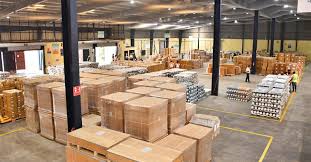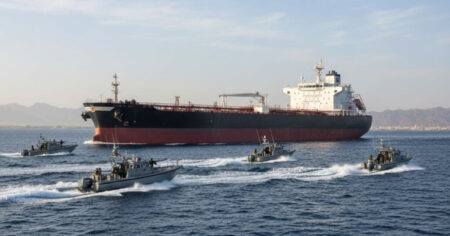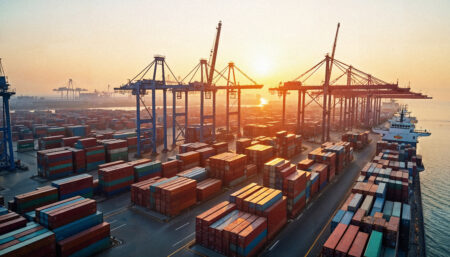Project cargo spans non-conforming items that exceed standard shipping specs and require intricate handling due to their oversized and heavy nature. Successful management hinges on specialised methodologies, demanding deep subject understanding, technical expertise, and meticulous planning.

The Indian project cargo sector has undergone a significant transformation, shifting from a price-centric approach to one driven by technology
Notably, project cargo movements are marked by distinct start and end points, showcasing the unique nature of these logistics endeavors.
Logistical complexities
Managing project cargo involves navigating challenges like specialised equipment and added complexities in developing countries. These intricacies, distinct from standard general cargo logistics, underscore the highly specialised nature of project cargo logistics.
Industry evolution
The Indian project cargo sector has undergone a significant transformation, shifting from a price-centric approach to one driven by technology. Project owners now prioritise comprehensive logistics planning over trust-based models. Varghese identifies emerging trends—environmental awareness, sustainability, regulatory changes, and technological integration—that are shaping the future of the industry. These trends promise to redefine efficiency, safety, visibility, real-time monitoring, and risk mitigation in project cargo logistics.
Logistical pioneers
Project logistics, marked by complex loads and numerous challenges, demand tailor-made solutions and meticulous planning, compounded by infrastructural bottlenecks. Limited options in procurement and conflicting client expectations in sales add to the adversity, especially in developing countries.
In this backdrop, these professionals play a pivotal role in helping navigate these challenges with unwavering professionalism, multifaceted expertise, and a commitment to quality and safety. They not only address the complexities with precision but also engage in educational initiatives and strive to improve industry knowledge and standards.
Transport strategies
Choosing the right transport modes and routes for project cargo, especially in challenging locations, requires careful consideration of factors such as weight, dimensions, and route constraints. Load distribution, specific port pairs, geographical terrains, road infrastructure, and accessibility are essential elements. Varghese emphasises the importance of bypass options and water access in ensuring effective transportation in diverse project cargo scenarios.
Green logistics
In response to increasing sustainability concerns, the project cargo industry is proactively embracing environmental responsibility. Technological advancements, eco-friendly transportation modes, and strategic partnerships are driving this shift. Innovations like big data and blockchain integration enhance efficiency, transparency, and eco-friendliness, making operations more agile.
Varghese anticipates a broader adoption of energy-efficient transport, biofuels, waste reduction, and other environmentally responsible practices as awareness grows. Additionally, data analytics holds the potential to facilitate market expansion and improve customer service in project cargo logistics.











